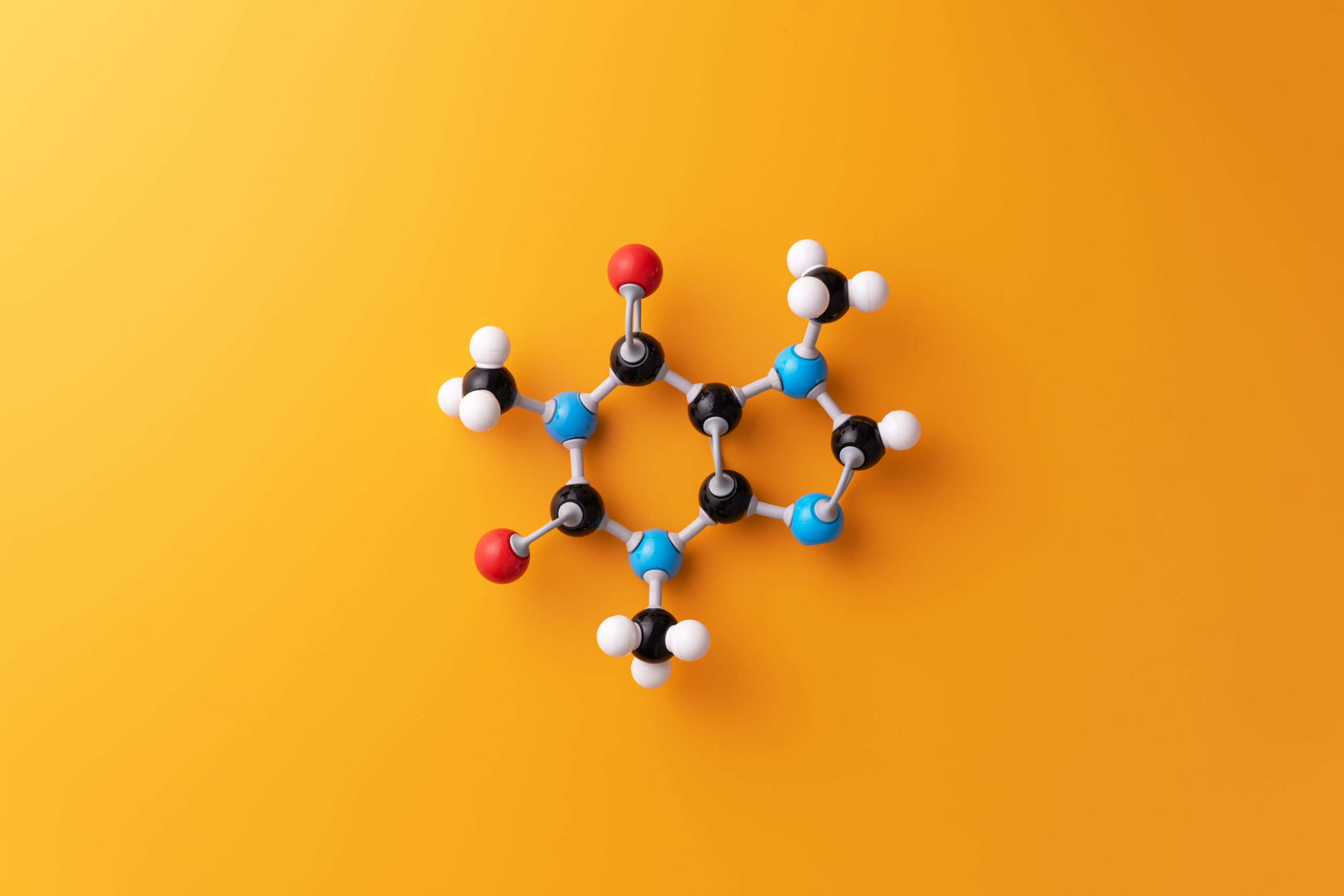
The Origins of Caffeine: Tracing the Roots of Our Favorite Supplement
Caffeine is the world’s most widely consumed supplement, and its use has been documented for centuries. From an energizing cup of coffee in the morning to a pick-me-up energy drink after work, caffeine has become an integral part of daily life for many people around the globe. But how did this powerful substance come to […]











